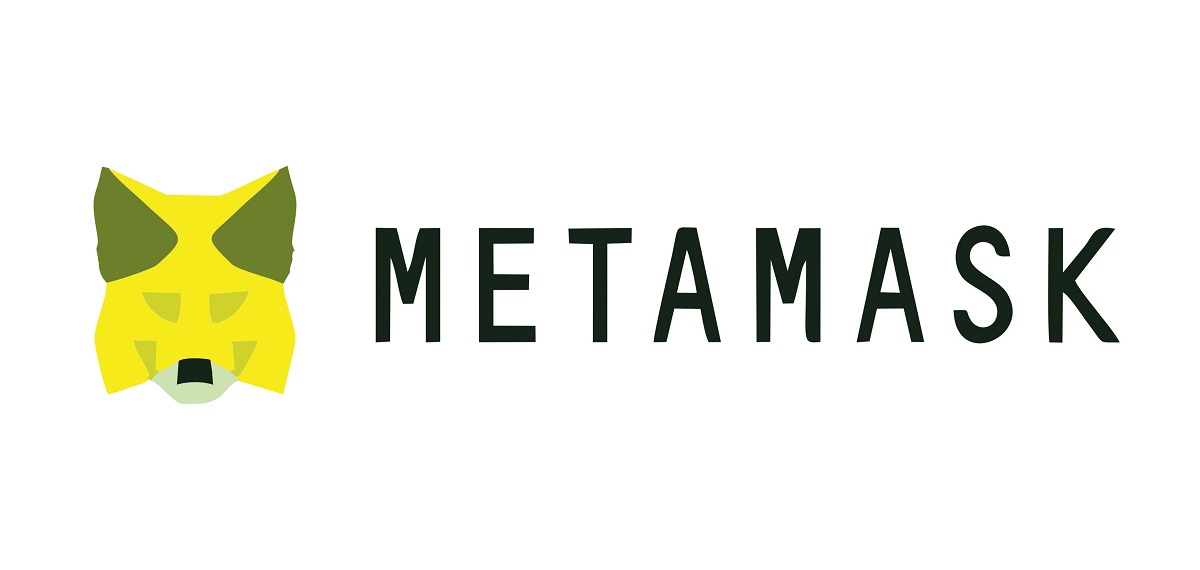Popular Ethereum-based crypto wallet MetaMask will now run Ethereum validator nodes for users willing to stake 32 ETH in a new feature revealed on January 18. In this new arrangement, MetaMask, through MetaMask Portfolio, will set up and manage the validator node for qualifying users of its wallet.
With the new feature (Staking-as-a-Service), users looking to validate transactions on the Ethereum blockchain will no longer need to possess the expensive hardware or the technical expertise to set up a validator node, as everything gets taken care of through the MetaMask Portfolio, the wallet dApp for asset management.
The new service has received critical acclaim from many observers as revolutionary but is also receiving knocks for being expensive. MetaMask promises a 3.8% annual yield, but the 10% commission on the rewards makes it worth a second thought.
What is Ethereum Validator Staking?
The transition from Proof-of-Work (PoW) to Proof-of-Stake (PoS) came with benefits and changes to the Ethereum blockchain transaction structure. While the Proof-of-Work protocol rewarded miners for providing solutions to complex mathematical problems, Proof-of-Stake works differently, instead rewarding node validators who build and verify blocks in the blockchain.
Setting up a validator node on the Ethereum blockchain requires a powerful computer with plenty of RAM and SSD storage, and a 32 ETH stake for every validator node a user creates. Setting up and maintaining the node are relatively technical steps, so there might be hours of learning involved for the average individual.
With the new validator staking feature by MetaMask, on the other hand, users can deposit the 32 ETH fee and leave the rest to MetaMask to manage through Consensys Staking with no upfront payment for maintenance or server rent. When users earn, MetaMask takes a 10% cut from the 3.8% promised reward, which leaves them with an okay ROI anyway.
What is MetaMask Promising?
While the service is available through the MetaMask Portfolio platform, the firm outsources the staking service to a dedicated Ethereum self-custodial staking platform, Consensys Staking. With a track record, there is nothing for potential users to fear about the proposed staking-as-a-service arrangement.
Consensys Staking currently runs 33,000 Ethereum validator nodes, about $2 billion in total value of staked ETH tokens. The platform also boasts over two years of hosted Ethereum staking experience with zero slashes (penalty for power outages or extended internet downtime).
With those claims, Consensys is a better option than self-hosting an Ethereum validator node from an efficiency point of view, as it is challenging to keep a computer going for over two years with no power outages or faults.
In addition to several promises, MetaMask promises that users will have control over their staked ETH every step of the way. In short, users can withdraw their funds and stop staking at any time without going through the exchange first, making it a self-custodial staking solution technically.
The convenience of simply being able to connect your wallet to your MetaMask Portfolio and directly staking 32 ETH to set up a validator node using a few clicks without having to acquire a new computer is another exciting promise from the cryptocurrency exchange that may appeal to non-technical cryptocurrency enthusiasts.
Observers-Ethereum Validator Staking Centralizes the Blockchain
The new feature met critical acclaim, but observers (generally) criticize it for going against the spirit of cryptocurrencies. While it democratizes staking, which is good, it also centralizes most staking infrastructure to select operators like Consensys Staking and Lido, eroding the decentralization of cryptocurrencies.
Consensys Staking currently only controls 4% of all Ethereum validator nodes, insignificant enough to pose a threat, but its biggest competitor, Lido, has control over around 40%. With over 9.3 million ETH worth over $22.9 billion currently staked on Lido, it’s more or less an Ethereum validation central bank capable of potentially impacting the integrity of the validator model.
The rising popularity of staking-as-a-service platforms among Ethereum holders threatens the integrity of the proof-of-stake protocol, as it centralizes validator nodes that go against the very spirit of cryptocurrency.
Since the blockchain doesn’t seem to be affected by the apparent centralization, it’s unlikely that the growth of staking-as-a-service platforms will slow down anytime soon.








